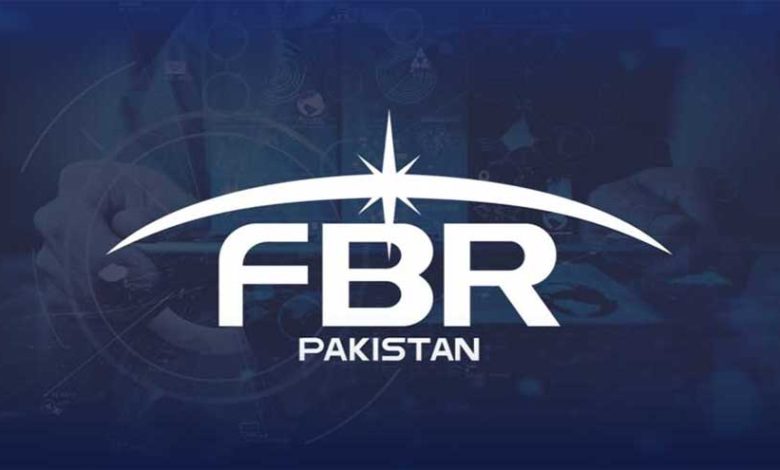The FBR delineates a strategy to modernize the tax system.

The Federal Board of Revenue (FBR) has delineated its current transformation strategy aimed at modernizing tax administration, emphasizing personnel, technology, and processes, at a meeting with the Overseas Investors Chamber of Commerce and Industry (OICCI) and the Pakistan Business Council (PBC).
The meeting, presided over by FBR Chairman Rashid Mahmood on Wednesday, was attended by prominent business people. Dr. Hamid Ateeq Sarwar, a member of Inland Revenue Operations, presented the transformation roadmap, which was initially approved by the Prime Minister in October 2024.
The FBR’s plan encompasses the recruitment of around 1,600 auditors to enhance audit capacity, the training of officers at prestigious universities, and appointments contingent upon integrity under a reformed Reward and Rating System associated with incentive packages.
Emphasizing the pivotal importance of technology, Mahmood stated that digital production monitoring has been used in the sugar, cement, fertilizer, beverage, tobacco, poultry, and textile sectors. Data integration and digitalization are in progress to monitor economic activity, mitigate tax evasion, and implement AI-driven risk metrics for audit selection.
The FBR announced that the nation’s tax-to-GDP ratio increased to 10.24% in FY25, rising from 8.8% in FY24. The “Faceless Customs Appraisement” project reported a 17.3% increase in revenue per GD during its test phase, while also reducing dwell time and demurrage at ports.
Enforcement has shown significant improvements, with collections increasing eightfold relative to the previous year. A Facilitation Division has been established at LTO Karachi, where senior staff are assigned to personally resolve taxpayer complaints. Mahmood proposed the establishment of a joint committee comprising the FBR, PBC, and OICCI to address valuation determinations and other issues.
Business leaders endorsed the momentum of reforms, emphasizing that technology-driven initiatives will expand the tax base and alleviate the burden on compliant taxpayers. They advocated for ongoing collaboration between the FBR and stakeholders to maintain the momentum of reform.